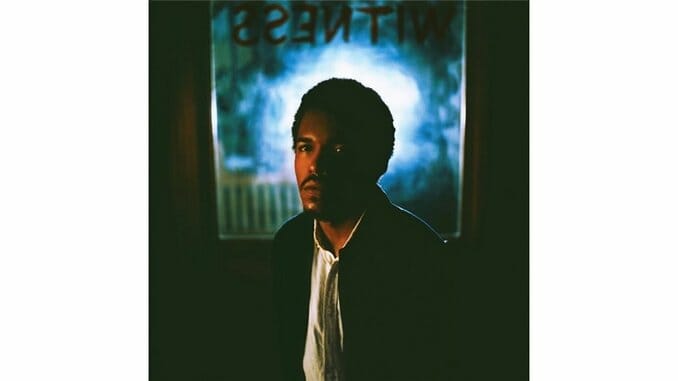Benjamin Booker: Witness

Those among us who rebuke change are doomed to stagnancy, complacency, even failure. You see it in relationships all the time—when one person changes faster than the other, or one just doesn’t change at all. We all saw it in politics yesterday, when Donald J. Trump singlehandedly, shortsightedly decided to withdraw the United States from the environmental pact known as the Paris Accord. And in music, we tend to lambast the bands that stick with the same structural tendencies and lyrical templates for too long.
-

-

-

-

-

-

-

-

-

-

-

-

-

-

-

-

-

-

-

-

-

-

-

-

-

-

-

-

-

-

-

-

-

-

-

-

-

-

-

-








































